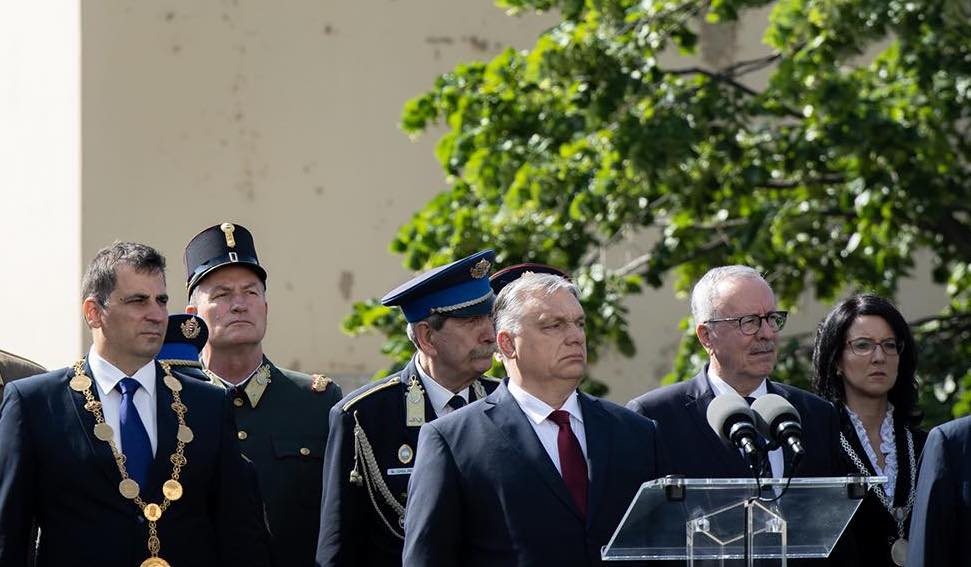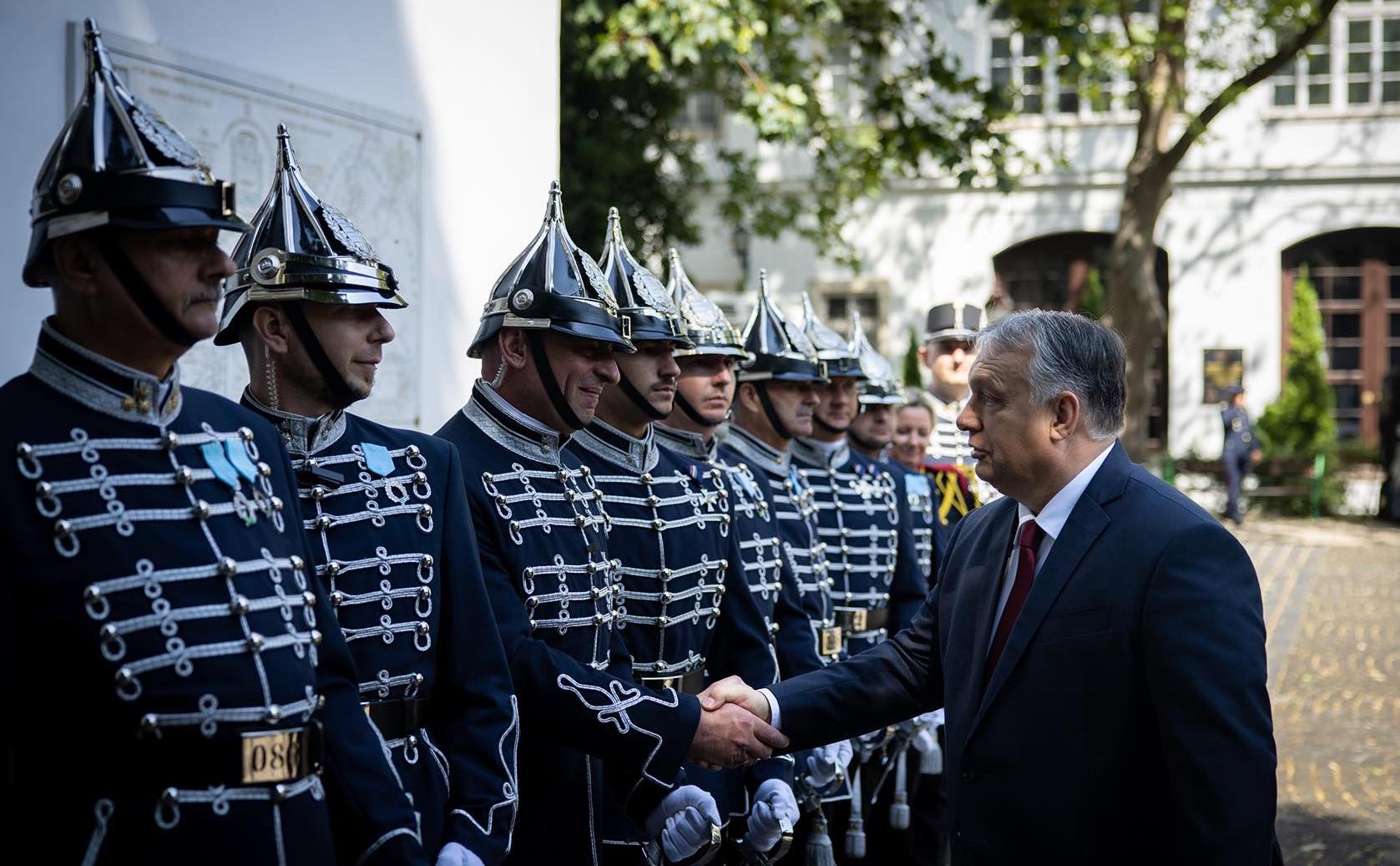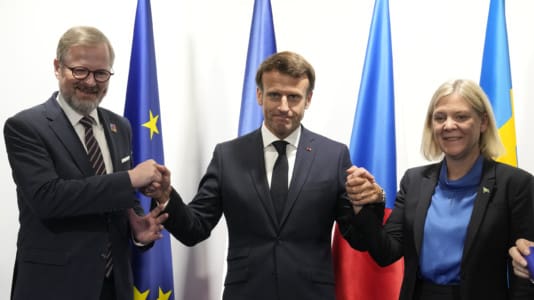The most important task of the state is to protect the citizens it serves, Hungarian Prime Minister Viktor Orbán said on Saturday as he welcomed the latest cohort of graduate officers at the National University of Public Service in Budapest’s Kapistán Square.
Addressing the graduates, Hungary’s head of government warned that at a time of “many dangers,” including the continuous migrant crisis on the country’s border, the frequent terror attacks rocking Western Europe, the global pandemic, and now the Russo-Ukrainian conflict, it was more important than ever for nations to remain “strong, prepared, and united, because this is the only way we will be able to avert the dangers lurking in our community, and this is the only way we will be able to protect the peace and security of the Hungarian people.”

A government that fails to guarantee the safety of its citizens and territory loses the right to expect cooperation from its citizens, Orbán said.
The Hungarian leader praised the current situation in Hungary, which experienced the lowest level of crime in 2021 since the regime change 30 years ago. He added that Hungary has now become one of the safest countries in Europe, and declared Budapest one of the safest capitals.
The prime minister recalled that there were times in Hungary’s history when paramilitary organizations “marched” through the streets and carried out organized mass murder against Hungarian citizens, but insisted that today is a different time.
“The price of security is constantly rising; order and security are Hungary’s hardest currency,” he said, warning that with neighboring Ukraine at war, nations must remain prepared for every possible scenario.
Addressing the graduate officers directly, Orbán said that there was significant financial support available for those willing to serve and protect public order in Hungary, pledging better working conditions for law enforcement officers and vowing to further increase the equipment and preparedness of the police force.
He asked the officers to remain faithful to their oath and serve Hungary virtuously, calling their new profession one of the noblest and most difficult professions, for which he wished them “good health and strength.”






